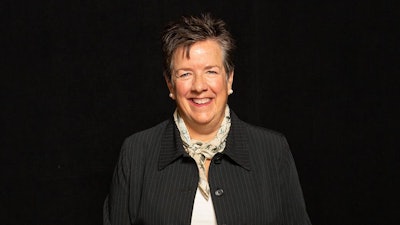We live in a world increasingly reliant upon data. Almost every action we take generates data, and corporations, governments and organizations are collecting and analyzing that data to better understand our behaviors.
Society needs professionals trained to understand this modern landscape and how it impacts their lives and careers. Many, if not most, of our students will be working in a field impacted by data and its quantitative, computational analysis. The Bureau of Labor Statistics predicts employment in data-related fields will grow by 30% in the next 10 years. Future data-related jobs will lie at the intersection of data-rich domains, including economics, science, geography and psychology, working in concert with statistics, computation and business. The demand for data managers and analysts with quantitative skills who can understand and make data-driven decisions will continue to increase.
Students pursuing careers in all sectors will benefit from data skills. Physicians will be using biosensors to monitor patient health; environmental engineers will be using data to design improved processes and materials; public health officials will be monitoring wastewater for disease; attorneys and law enforcement officials will be scouring databases to track individual locations; and business owners will be growing their businesses by better managing sales. We are training our students for future careers – many of which have not yet been invented – but we do know that data and the analysis of that data will be critically important. Dr. Carol Parish
Dr. Carol Parish
Increasing and diversifying a workforce skilled to fill these data-driven jobs can be achieved through highly mentored, intentional involvement in innovative, publishable research projects.
Topics in chemistry and physics are particularly abstract, quantitative and laden with unfamiliar jargon. Studying science is challenging not only because of these aspects but because pursuing a scientific career involves working at the edge of both what is known, and unknown. It is not for the faint of heart, and trainees need coaching, guidance and support. But the benefits are great – not only are scientific and computational careers among some of the most rewarding and highest paying jobs – mastering scientific and quantitative topics enables an individual to gain confidence and critical thinking skills, regardless of their eventual career trajectory.





















